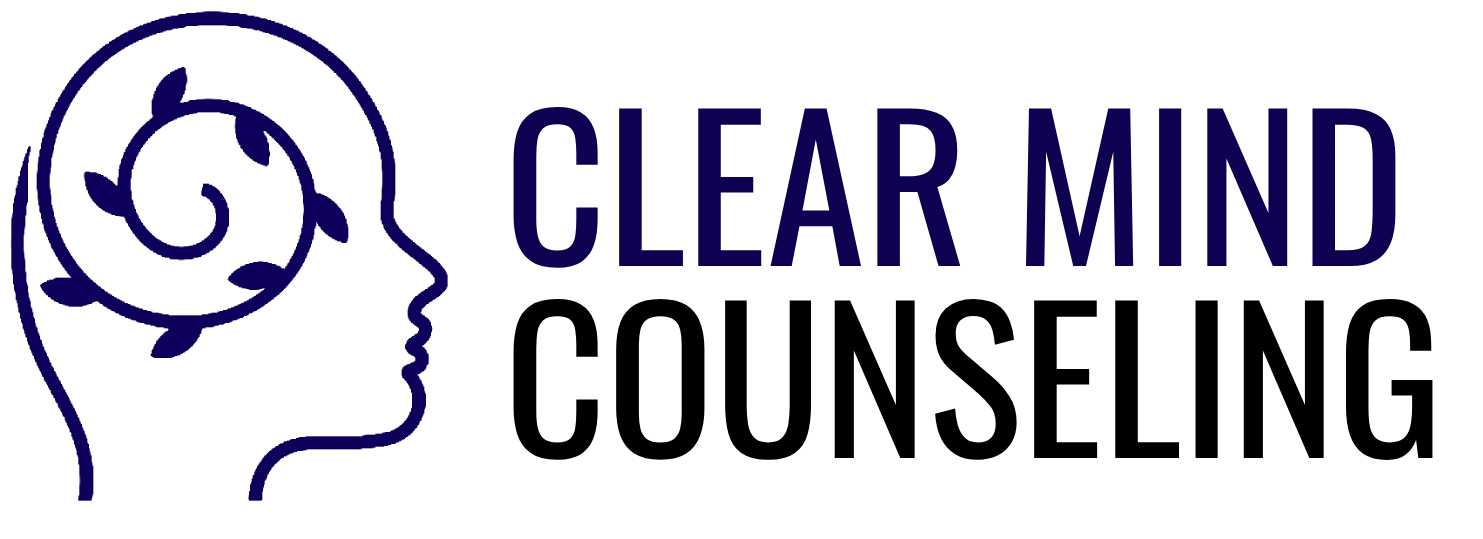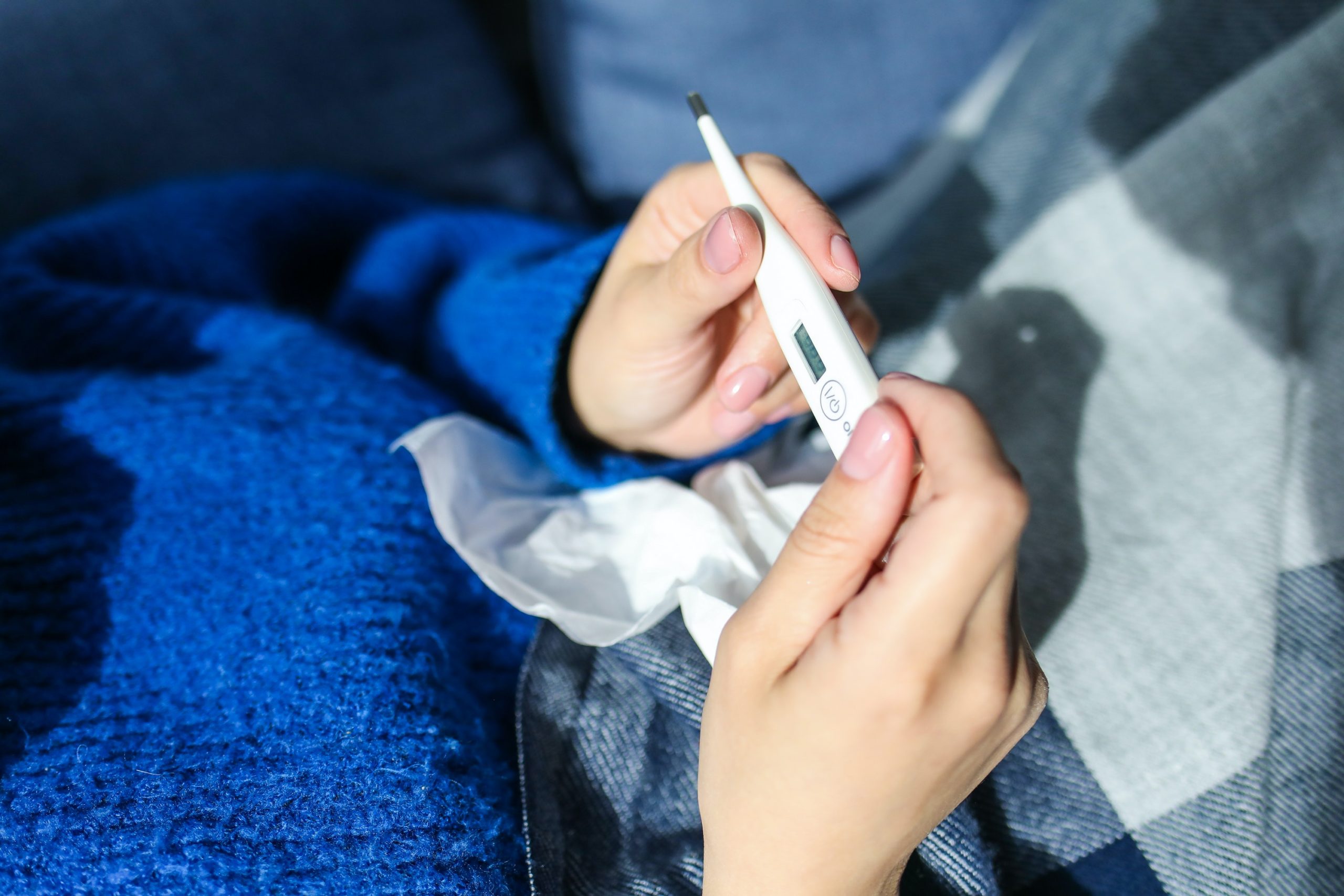Every so often, patients book appointments with me for anxiety treatment and it turns out that they are suffering from a very specific kind of anxiety. These patients are suffering from what is called “health anxiety”. In other words, they are experiencing immense amounts of worry and fear around interpreting benign physical sensations as an indication of a serious medical condition. These clients have so much distress about possible illnesses that it’s hard for them to even function.
Increased prevalence due to COVID
Health anxiety has increased during the pandemic. Researchers have noticed that COVID has tipped a lot of people who tended to already worry about their health over the edge into this difficult kind of OCD-like anxiety disorder. I concur and have seen clients whose anxiety centers around imagined symptoms of COVID or specious side effects of the vaccine.
People with health anxiety experience great distress because of worries about becoming ill. They typically misinterpret minor or normal body sensations as serious disease symptoms despite reassurance by physicians and specialists that they are perfectly healthy.
Typically, my clients are comforted after consulting doctors about their symptoms after the doctor finds them to be healthy. Unfortunately, the reassurance lasts only briefly. They soon become convinced that the doctor missed something and they are still ill or move on to another self-diagnosed serious illness.
What triggers health anxiety?
People with health anxiety tend to frequently visit Dr. Google, their primary care physician, and even the emergency room. Unfortunately, their health care providers sometimes become frustrated and annoyed. This sometimes turns into doctors being rude to them- not understanding that this behavior is beyond their patient’s control.
In most of my clients with health anxiety, it seems to result from one of two experiences, The first is, following a serious illness. It seems to be almost a reaction to the shock of suddenly losing their health after being confronted with a life-threatening illness such as cancer, heart arrhythmia, or over the last two years, COVID-19. Even after recovery, they become hypervigilant about body sensations or changes that might be “evidence” of another onset of illness even though there may be other good explanations for the ache or pain.
The other trigger for health anxiety I have seen in my practice is the physical symptoms of a panic attack. A panic attack can feel very much like a physical illness and because of the strong mind-body connection, it can feel like the sensations of a panic attack are not the product of the mind but something physically wrong. It is very common for my patients with health anxiety to doubt or underestimate the strong effect their thoughts and emotions can have on their bodies.
Panic attacks
The truth is that the panic attack symptoms: chest pain, fast shallow breathing, feelings of impending doom, pounding or racing heart, sweating, trembling, weakness, dizziness, and stomach pain could indicate something serious. Many doctors in the emergency room have even been initially fooled into suspecting a stroke or heart attack when panic attack patients present at the hospital. Upon further examination and testing, they realize that the symptoms are the results of stress and anxiety. Their symptoms subside when these patients are given anti-anxiety medication at the hospital but because of liability and for the patient’s safety, expensive tests are usually still run just to rule out a medical problem. This reassurance-seeking can soon deplete a patient’s bank account yet they are frequently compelled to keep seeking reassurance in the emergency room.
The experience of panic attacks resolving naturally does not always ease the minds of patients with health anxiety. Even if symptoms have passed before without physical illness being diagnosed, often in the next panic-inducing situation my clients still become convinced that this time is different and the panic attack body sensations are very dangerous.
Some of my clients focus so frequently on scanning their bodies for unusual sensations that their scanning actually triggers anxiety symptoms such as hyperventilation or elevated heart rate in their own bodies. They create upsetting physical symptoms with intense body scans that make them worry even more. In that way, their health anxiety becomes a sort of a vicious circle.
In other cases, clients have “safety behaviors” that actually keep them from having new experiences that could help disprove their health concerns. If they constantly go to the emergency room for reassurance at the first sign of a stomach ache it does not allow them to learn that “dangerous” symptoms often go away on their own.
Signs of Health Anxiety
The Mayo Clinic helpfully lists the common indicators that someone is suffering from health anxiety. This list is quite comprehensive, and I have seen every one of these manifestations in one or more of my clients over time in my practice.
- Being preoccupied with having or getting a serious disease or health condition
- Worrying that minor symptoms or body sensations mean you have a serious illness
- Being easily alarmed about your health status
- Finding little or no reassurance from doctor visits or negative test results
- Worrying excessively about a specific medical condition or your risk of developing a medical condition because it runs in your family
- Having so much distress about possible illnesses that it’s hard for you to function
- Repeatedly checking your body for signs of illness or disease
- Frequently making medical appointments for reassurance — or avoiding medical care for fear of being diagnosed with a serious illness
- Avoiding people, places, or activities for fear of health risks
- Constantly talking about your health and possible illnesses
- Frequently searching the internet for causes of symptoms or possible illnesses
There are steps that those who have health anxiety can take to try to reduce their fears. Part of the difficulty with this particular kind of anxiety, however, is that in the moment the symptoms of ill health that sufferers have feel so real. With that in mind though, many people with health anxiety have found some relief through:
- Not allowing themselves to Google their symptoms or do any medical research online.
- Avoiding medical dramas or health advice shows and podcasts
- Distracting themselves when they feel the urge to do a body scan by taking a walk or calling a friend
- Meditating or learning relaxation exercises
- Reducing safety behaviors
- Reducing asking for reassurance
If self-help strategies like those above are not working it might be time to consult a counselor who is an anxiety specialist and uses Cognitive Behavioral Therapy (CBT).
Research shows that CBT is a very effective treatment for health anxiety
The goal of CBT for treating health anxiety is to identify and correct negative, irrational, and catastrophic beliefs about body scanning and physical sensations and replace them with more rational and realistic ones. The main premise of CBT is that thoughts cause feelings and if you can be assisted by a therapist to change the way you think, you can change the way you feel.
If you or someone you care abouts life is being disrupted by health anxiety there is a lot of hope and available help for this condition. Don’t hesitate to contact a professional counselor. Finding support can be key to getting on the road to recovery.

